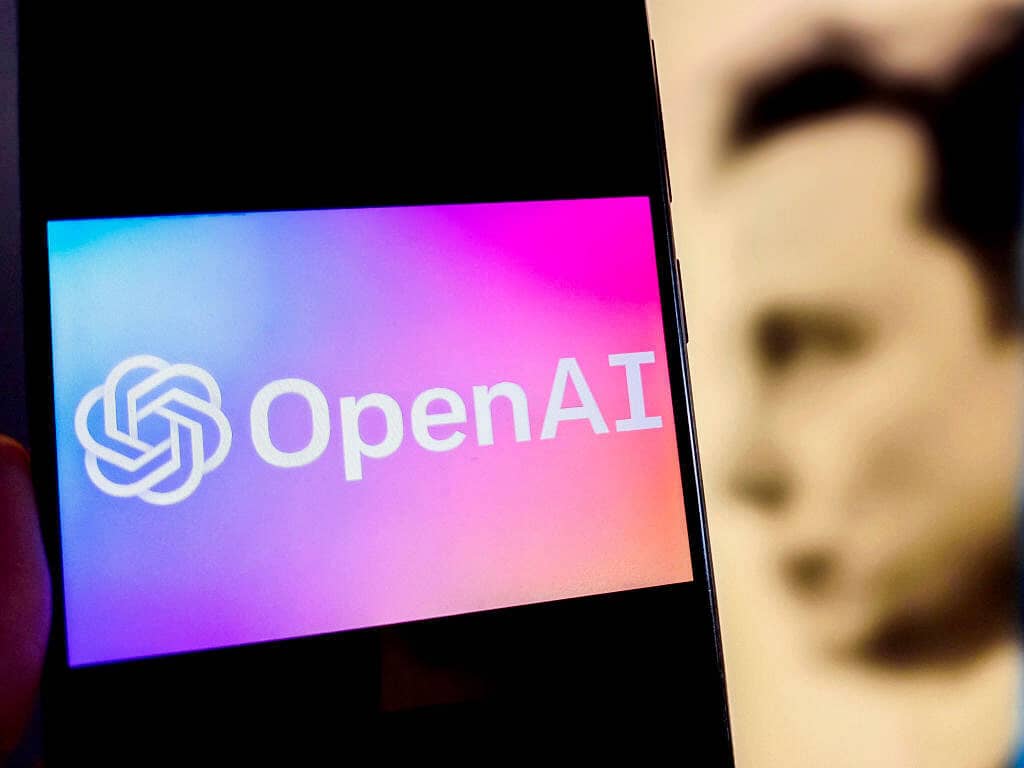- Elon Musk accuses OpenAI of veering away from its initial goal of developing AI for the benefit of humanity and instead concentrating on profit-driven initiatives, especially through its partnership with Microsoft.
- Elon raises concerns about Microsoft’s significant influence over OpenAI, amidst ongoing antitrust scrutiny in the US and Britain. The partnership’s implications on OpenAI’s operations and mission remain under question.
- The lawsuit highlights debates about AI commercialization and its societal impact. The case outcome may influence discussions on ethical AI development, stressing transparency and accountability in tech.
Table of Contents
Billionaire Elon Musk has filed a lawsuit against OpenAI and its CEO Sam Altman. Musk alleges that OpenAI has moved away from its original mission of making artificial intelligence (AI) for the good of humanity, focusing instead on profit-driven endeavors.
Breach of Contract Allegations by Open AI
Musk’s lawsuit, filed in San Francisco, accuses Altman and co-founder Greg Brockman of reneging on their commitment to create an open-source, non-profit AI company. The suit contends that OpenAI, established in 2015, has shifted its focus toward profitability, particularly through its association with Microsoft.
The lawsuit strives for a court ruling to compel OpenAI to make its research and technology accessible to the public. Musk also aims to prevent the startup from leveraging its assets, including the advanced AI model GPT-4, for Microsoft’s financial gain or that of any individual.

Microsoft’s Influence and Antitrust Scrutiny
Musk has previously voiced concerns about Microsoft’s significant influence over OpenAI, particularly after his departure from the company’s board in 2018. The partnership between Microsoft and OpenAI has faced scrutiny for potential antitrust violations in both the United States and Britain.
Amidst these legal and regulatory challenges, OpenAI is in the process of appointing new board members, as reported by the Washington Post. Microsoft, meanwhile, holds a non-voting observer seat on the board, raising questions about its level of influence over the startup’s operations.
Elon Musk’s Alternative AI Venture
In response to what he perceives as OpenAI’s departure from its original mission, Musk has launched his own AI endeavor called xAI. Comprising engineers from top tech firms such as Google and Microsoft, xAI aims to challenge existing AI models.
One of xAI’s initiatives includes the development of Grok, a ChatGPT competitor, rolled out to Premium+ subscribers of Musk’s social media platform X. Musk envisions xAI as a platform for “maximum truth-seeking AI,” aiming to address concerns about the potential risks posed by AI technologies.
OpenAI’s Response
OpenAI has not yet responded to Musk’s allegations or the lawsuit. However, legal experts speculate on the complexity of the case and the uncertainty regarding its potential outcomes. The absence of a clear contractual agreement between Musk and OpenAI complicates the legal standing of the lawsuit.
Conclusion
Elon Musk’s lawsuit against OpenAI marks a significant development in the ongoing debate surrounding the ethics and governance of AI technology. As legal proceedings unfold, the outcome could have far-reaching implications for the future direction of AI research and development.
The lawsuit underscores broader concerns about the commercialization of AI and the potential consequences for society. While AI technologies hold immense promise, they also pose significant risks, including job displacement, algorithmic bias, and threats to privacy and security.
As stakeholders navigate these challenges, it is essential to uphold principles of transparency, accountability, and ethical responsibility in AI development and deployment. Musk’s legal action against OpenAI serves as a reminder of the importance of ensuring that AI technologies are developed and utilized in a manner that benefits humanity as a whole.
In the coming months, the outcome of Musk’s lawsuit will likely spark further debate and scrutiny within the tech industry and among policymakers. Regardless of the verdict, the case highlights the need for continued dialogue and collaboration to shape the responsible and equitable use of AI in the digital age.